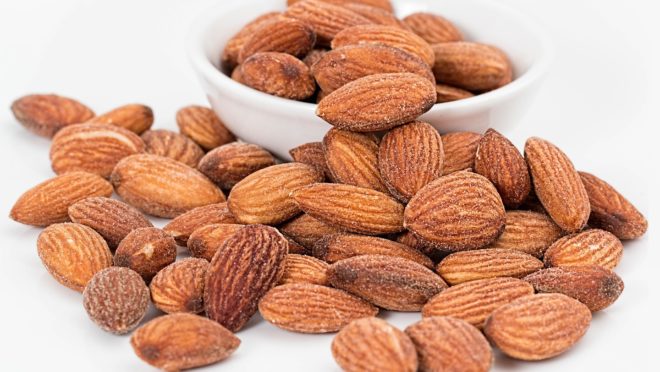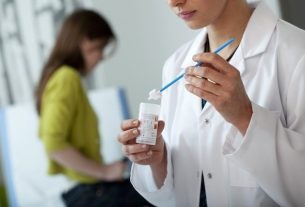One of the most promising markets in the country is that of natural products which, according to the Brazilian Micro and Small Business Support Service (Sebrae), in 2021 opened 138,795 establishments throughout Brazil, the highest number in the last nine years. The business variation from 2013 to 2022 was 127.64%, and the trend over the last five years for natural product stores was 25%.
According to the Chemistry Institute of the Universidade Estadual Paulista (IQ-Unesp) in Araraquara, and the Chemical Abstracts Service (CAS) – division of the American Chemical Society, the Brazil has the second largest database of natural products in the world, with 54 thousand compounds cataloged from Brazilian biodiversity. The country contains approximately 20% of all species in the world and is second only to China in the data ranking.
Brazil’s vast biodiversity allows the production of medicines, cosmetics and products in general, especially food. Paraná is an exponent in organic production and has 3,916 certified organic producers, the highest number in Brazil – corresponding to 16% of the country’s farmers, according to the Ministry of Agriculture. The estimate is that organic production in Paraná is 50 thousand tons/year, from vegetables, grains, cassava, to baskets of products delivered to your home.
The Brazilian Council for Organic and Sustainable Production (Organis) states that 15% of the Brazilian population consumed some organic or natural product in the last two months and the greatest demand for this type of product, around 34%, is in the South Region, a number that is twice the national consumption.
South of the country
A Sebrae/PR survey of 200 businesspeople, carried out between August and September 2019, showed a 66% increase in the number of consumers of establishments and new products within the natural products segment in Curitiba. What’s more: 91% of them say that the natural products market has advanced in recent years.
The Curitiba company Taina Alimentos, one of the main players in the sector, endorses the research and sees the natural products market growing day after day. With more than 250 items including dried fruits, grains, flours, oilseeds, teas, seasonings and cereals – all free from gluten and cow’s milk protein -, sold in closed boxes and bags weighing 10 to 30 kg and also divided into 1kg to 200g, the company continues to grow.
A Tainá Alimentos also invests heavily in the segment of products for celiac patients, those who cannot consume gluten. The company manages to have only 5 ppm in its products, that is, well below the world average (20 ppm), a result resulting from the company’s high investment in technology.
The raw materials of Taina Alimentos they undergo sensory analysis and laboratory tests for approval and only after passing all these tests, and also after quarantine, the products go to the warehouse where they will be fractionated and sold. All batches received are evaluated and a sample is taken for product retention and monitoring. To find out more about the Tainá Alimentos portfolio, visit the website.

Sign up for our newsletter and stay up to date with exclusive news
that can transform your routine!
Warning: Undefined array key "title" in /home/storelat/public_html/wp-content/plugins/link-whisper-premium/templates/frontend/related-posts.php on line 12
Warning: Undefined array key "title_tag" in /home/storelat/public_html/wp-content/plugins/link-whisper-premium/templates/frontend/related-posts.php on line 13




